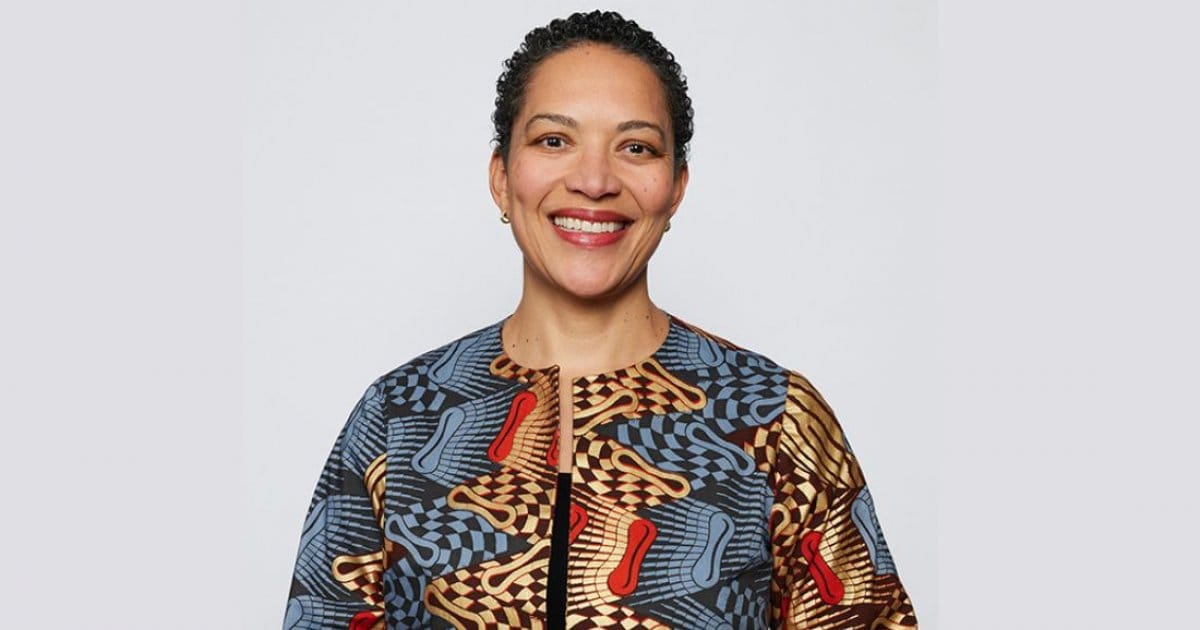Dr Mary-Ann Etiebet, president and CEO of Vital Strategies, leads one of the world’s most influential global public health organizations, working in 80 countries to build more equitable and effective health systems.
Under her leadership, Vital Strategies’ initiatives have extended life-saving policies to over 3.3 billion people worldwide.
A physician and global health innovator, she previously headed Merck for Mother, a $650 million initiative to end preventable maternal deaths, improving access to quality maternal care for over 50 million women in more than 70 countries.
Holding both an MD and an MBA from Yale University, Dr Etiebet’s career spans academia, public health systems, and global leadership, from spearheading HIV/AIDS programs in Nigeria to serving on advisory councils for the WHO, UNFPA, and the World Economic Forum.
During the World Health Summit 2025 in Berlin, Dhaka Tribune Chief Reporter Ali Asif Shawon sat down with her for an exclusive interview.
Dhaka Tribune: What is your expectation from the World Health Summit 2025?
Mary-Ann Etiebet: For me, success will mean stronger solidarity across the global health community to prevent non-communicable diseases like cancer, because we know they can be prevented. Risk factors such as tobacco, alcohol, and sugary drinks lead directly to cancers, and around half of all cancer cases could be avoided if consumption of these harmful products were reduced.
Health taxes are a proven tool. By raising the prices of tobacco, alcohol, and sugary drinks by just 50%, we could save 50 million lives by 2050 and generate $3.4 trillion globally for health budgets, empowering governments to deliver essential services.
Dhaka Tribune: In countries such as Bangladesh, tobacco revenue often outweighs health concerns. How can this be addressed?
Mary-Ann Etiebet: We need to scrutinise those claims. Tobacco companies may say they create jobs or help the economy, but evidence from countries that have implemented strong tobacco taxes shows no negative economic impact — in fact, there’s often a positive effect. Healthier populations work longer, contribute more productively, and drive economic growth.
Dhaka Tribune: What is Vital Strategies currently doing in Bangladesh?
Mary-Ann Etiebet: We have multiple partnerships. One is road safety: Working closely with all relevant ministries to reduce deaths from road crashes. Another one is tobacco control, as in Bangladesh, the Smoking prevalence is high; reducing tobacco use will save thousands from preventable cancer deaths. And the other is Data systems, as we are supporting Bangladesh in building and strengthening data infrastructure, ensuring policymakers have reliable information for effective decisions.
Dhaka Tribune: Have you started your cancer registry work in Bangladesh?
Mary-Ann Etiebet: Not yet. Our aim is to raise awareness of how cancer registries are yielding positive outcomes worldwide. Such registries provide the data needed for national cancer control plans, and more countries are now investing in them.
Dhaka Tribune: What recommendations do you have for cancer control in Bangladesh?
Mary-Ann Etiebet: Let the data guide priorities. Target the issues killing the most people or causing the greatest disease burden where cost-effective action is possible. The return on investment can be extraordinary, for every $1 spent, governments may save $7 in healthcare costs and gain economic productivity. Among the best buys are tobacco control, health taxes, and other preventative interventions.



